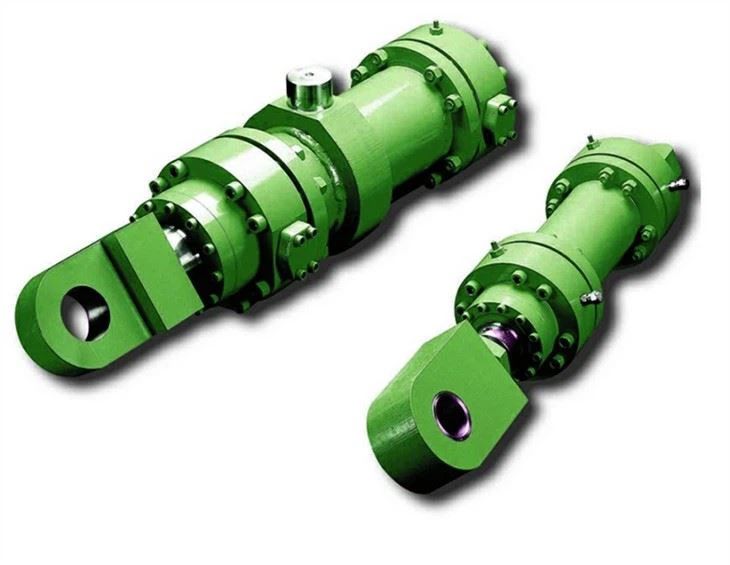2023-12-04
Factors Affecting The Stability Of Hydraulic Cylinders
The description provided about the hydraulic cylinder and its usage is accurate. Hydraulic cylinders are indeed a form of pressure finishing process that utilizes the cold plasticity of metal to achieve surface improvement. Rolling tools apply pressure to the workpiece's surface, causing plastic flow and filling in surface depressions, resulting in reduced roughness. The process also induces cold-hardening, grain thinning, and the formation of a residual stress layer, enhancing the surface's hardness, strength, wear resistance, corrosion resistance, compatibility, and compatibility.
In terms of hydraulic cylinder failures, common issues include seal wear, inner wall scratches, cylinder wear, inner wall corrosion, and scratches on the piston or piston rod. The sealing performance of hydraulic actuators directly affects equipment performance, and repairing or replacing parts of larger hydraulic cylinders after seal damage can be challenging and costly.
Compared to air compression, hydraulic oil compression offers superior working smoothness and response. Hydraulic cylinders serve as critical actuators in hydraulic systems, converting hydraulic energy into mechanical energy and working in conjunction with various transmission mechanisms to accomplish mechanical movements. They possess advantages such as a simple structure, ease of use and maintenance, high output force, wide application range, and stable and reliable performance.

Prev : Advantages Of Multi-Stage Hydraulic Cylinders
Next : No more!!